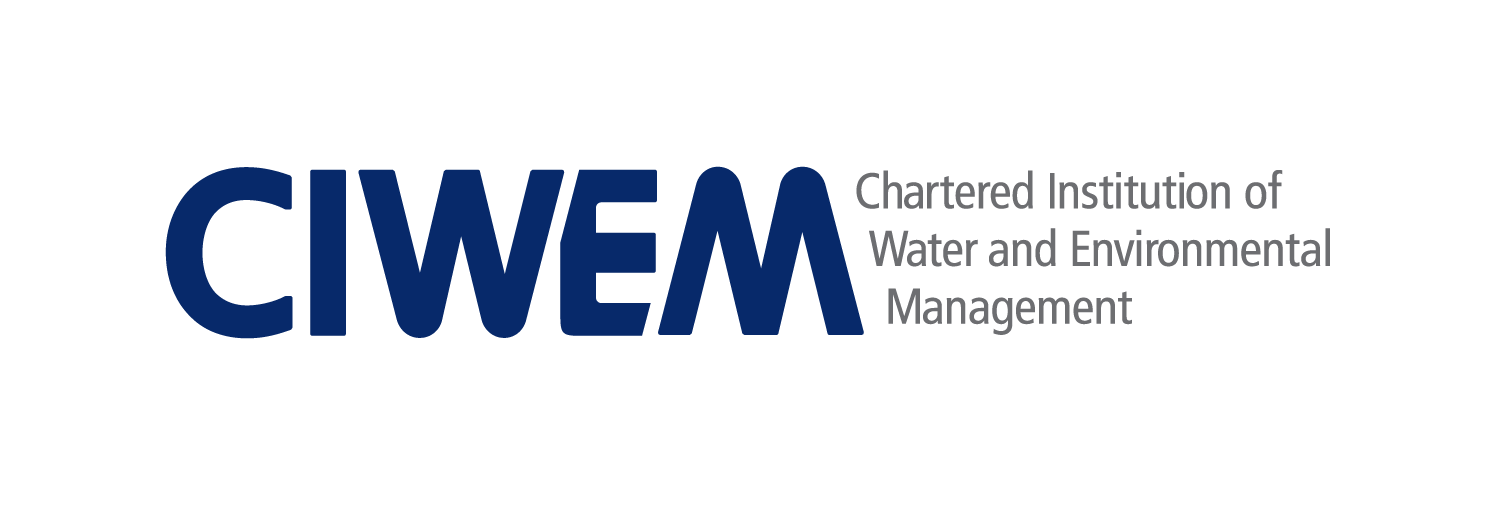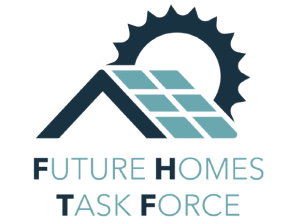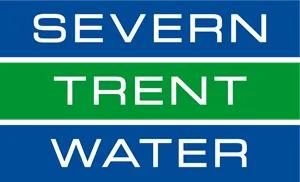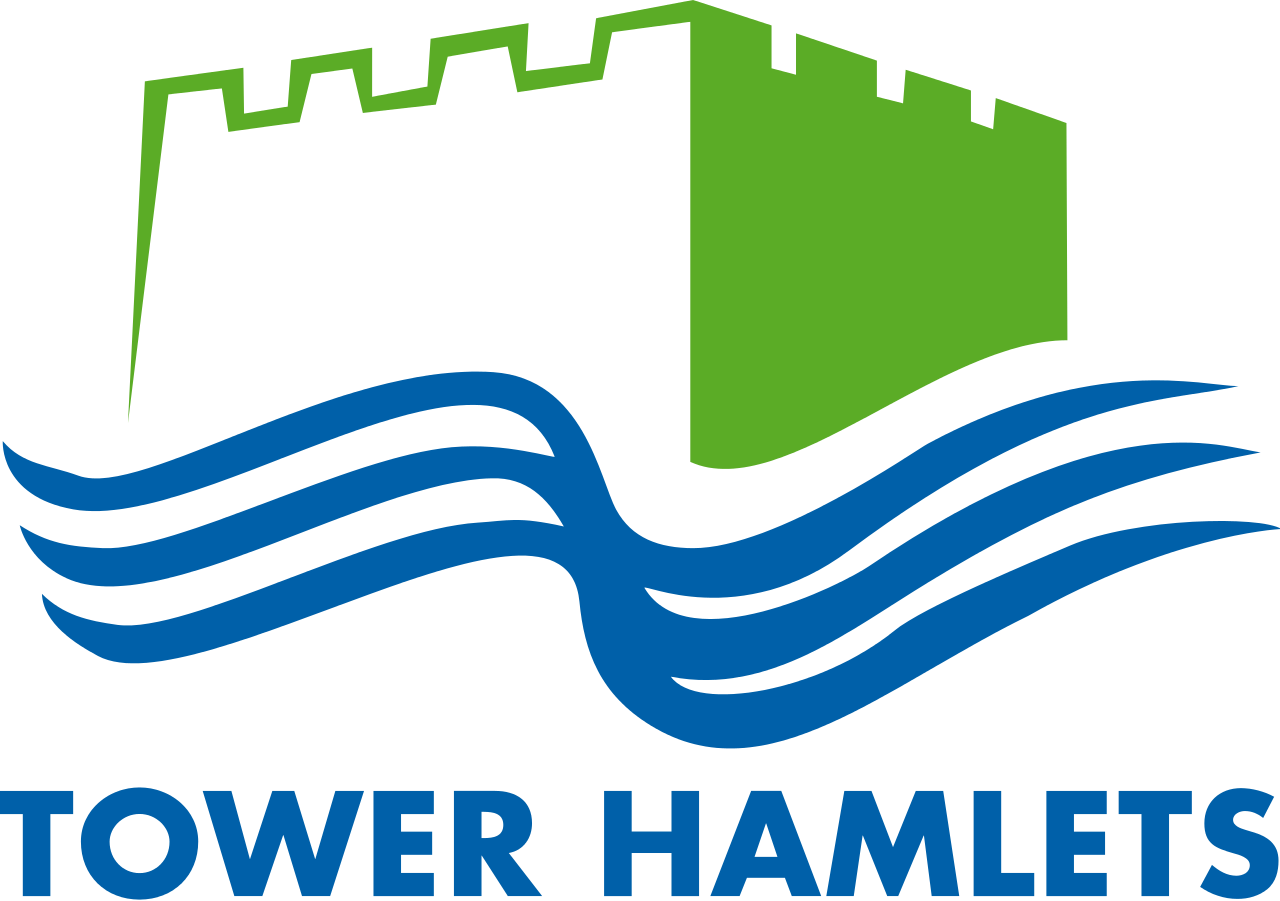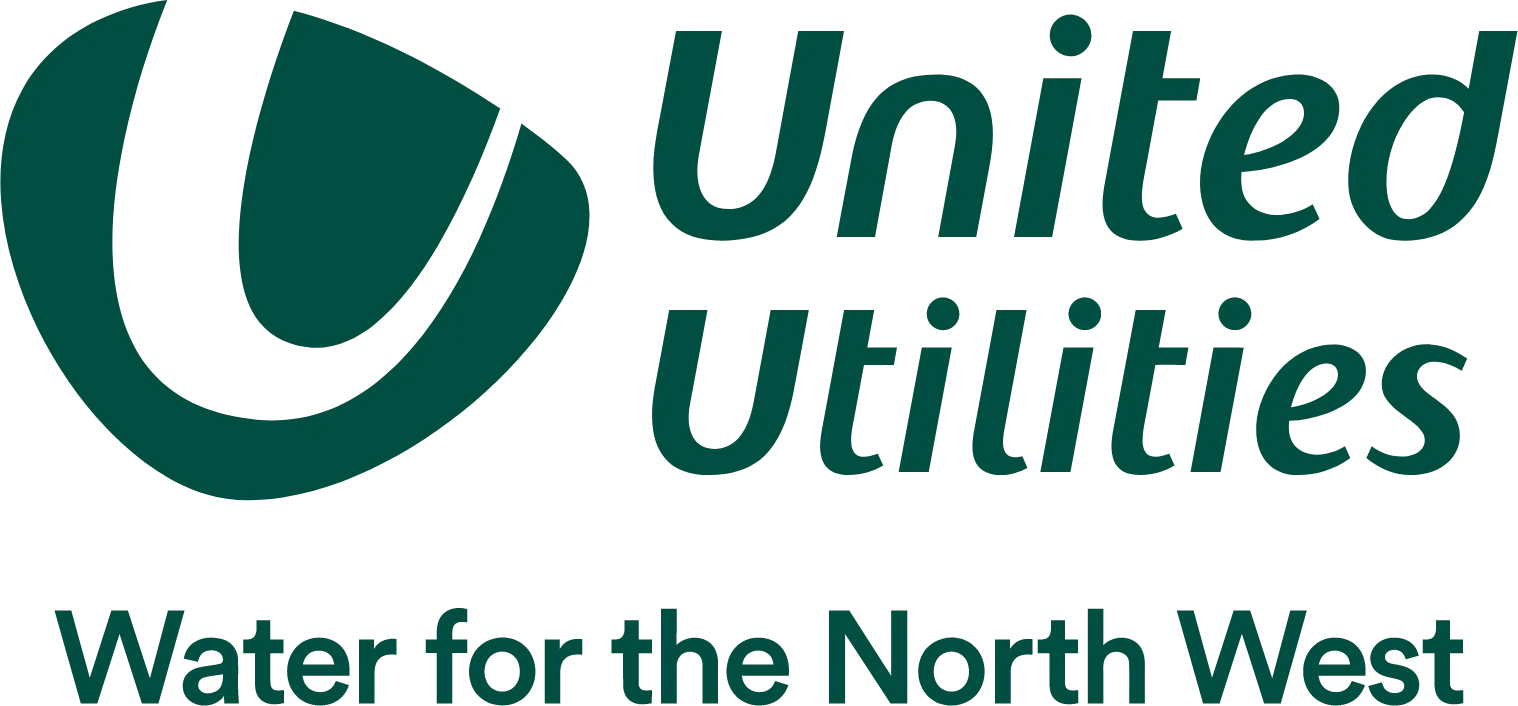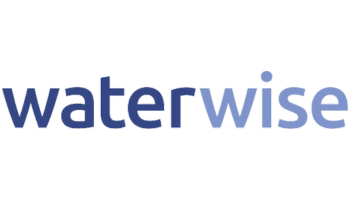Enabling Water Smart Communities
Project stats:
Number of partners:
Funding received:
Estimated completion date:
December
2025



Context of the project
Integrated Water Management (IWM) offers a potential way forward to unlock opportunities across water and housing and deliver wider outcomes for people and communities. IWM is an internationally established approach that addresses the water cycle as a whole, deploying a combination of innovative infrastructure solutions and non-physical interventions to support new development.
Despite international evidence of its potential, IWM is yet to be fully embraced in England and Wales. This has less to do with technical solutions – most of which exist and are well proven – and more to do with complex non-structural challenges like funding, ownership, shared value and whole-life stewardship of assets. This project will explore all of these challenges to identify barriers, enablers and opportunities to accelerate the uptake of IWM throughout new housing delivery.”
What’s at the core of the project?
Breaking down the barriers to adopting an integrated water management approach will enable the acceleration of approaches that can help prevent flooding, drought and more effectively manage the demand for water in line with housing growth.
This project is urgently needed to bring together the wide range of development partners to identify and break down barriers to integrated water management. It is essential that we come together at a time when water demand is only going to continue through both growth and climate change; to demonstrate a replicable approach for future sustainable development.
Key benefits include:
Rethinking values
Across water and housing there will be a wide range of perspectives, capacities, priorities and methodologies around value that inform how individuals, communities and organisations act. By researching visions, values, and motivations across different actors, the project will explore areas of common ground and identify actions to enable place-based investment and shared value creation
Rethinking assets
The term ‘asset’ means different things to different people. By exploring and stretching conventional asset definitions, this project will build a new shared understanding of water cycle and housing assets from catchment to community and household scale. It will look beyond physical infrastructure to include non-physical assets that are essential to effective system design, delivery and stewardship.
Public sector led
Typically led by a local authority, housing association or other non-profit management organisation able to take a longer-term interest and role in delivery, management and a return on investment. This model can enable different funding and financing, greater focus on whole lifecycle value and going beyond minimum standards to deliver cross-sector place-based outcomes.
Community led
Typically, self-initiated housing groups co-creating, co-investing and co-designing new housing, with future community involved from the outset. Typically, these are smaller scale developments, with a longer-term interest, they often challenge conventional design delivery, financing and ownership models. Often values-driven and keen to innovate beyond basic regulatory standards.
Rethinking roles
Housing and water have historically been delivered by separate agencies with ring-fenced roles and budgets, often with different objectives and timescales. This fragmented approach to design, valuation, ownership and maintenance of assets has slowed adoption of integrated solutions. Rethinking the roles of existing and potential actors is key to unlocking new stewardship models.
Rethinking evidence
The project will review the different types of data, insight and evidence by various actors to accelerate shared action and investment in water smart communities. Through a combination of practise-based research and design, user-testing, pilots and the live demonstrators, the project will contribute new evidence focused to maximise impact informed academic research, monitoring and evaluation.
Private sector led
Typically looking for a shorter-term return on investment and more dependent on current market and finance conditions. Often requiring a clear ’exit strategy’ handing over to others to own and maintain assets which can hinder some stewardship models. Can be focused on compliance and minimum regulatory standards, but in the right conditions can also drive innovation and push boundaries.
Water sector led
The project will explore the role of the water companies as anchor institutions with a long-term commitment to place. Supporting this research, this demonstrator will look beyond business-as-usual to consider how water companies could play a key role in enabling water-smart housing development and wider outcomes linked to new whole-life asset stewardship models.

What will this project deliver?
- Water Management framework that’s repeatable and transferable across the development industry
- Effective Business case templates for the adoption of Integrated Water Management
- A toolkit for use of developers, Local Authorities, Water Companies and communities to engage and communicate outputs with stakeholders
- To propose new/amended legal, regulatory and policy standards


